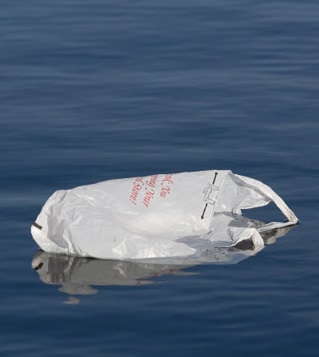CSIRO backs plastic hub
 CSIRO is helping Indonesia to tackle plastic pollution in the Indo-Pacific.
CSIRO is helping Indonesia to tackle plastic pollution in the Indo-Pacific.
The new Plastics Innovation Hub Indonesia is backed by $1.3 million ins support from CSIRO and Australia’s Department of Foreign Affairs and Trade. It is designed to bring together researchers, investors, businesses, and community and government leaders from around the Indo-Pacific region to develop solutions that can be implemented in Indonesia to address the challenge of plastic waste in the oceans and waterways.
Each year, 90 billion tonnes of primary materials are extracted and used globally to produce plastics, but only nine per cent is recycled. Within the Indo-Pacific region, it is estimated there are between five and ten billion pieces of plastic on the coastline.
CSIRO Chief Executive Dr Larry Marshall says ocean pollution is a global challenge.
“Science can turn this environmental challenge into an economic opportunity by changing the way we behave, and how we make, use, recycle or dispose of plastics, but it will take partnerships across research, business, investors, government and the community to turn the best ideas into real-world solutions,” Dr Marshall said.
“Social innovation is just as important as scientific innovation in solving these challenges, so it’s exciting to have partners on the ground in the region shaping and scaling behavioural response for their own communities, and drive change.”
THe Indonesian Hub should be able to draw on the latest advances in technology such as artificial intelligence to identify and trace pollution in waterways and harnessing enzymes to degrade PET plastic and microplastics.







 Print
Print